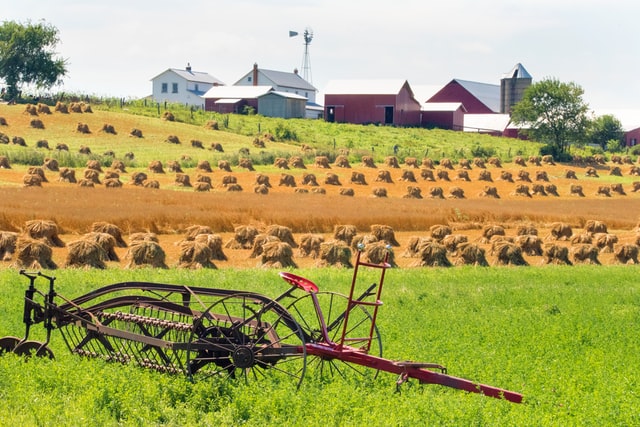A family farm takes generations to build and years of hard work to maintain. Commonly, these family farms are handed down to the next generation with little or no consideration, despite their significant equity and assets. Upon marrying, a family farm can become a marital asset, subject to the division of assets in divorce. There are multiple ways to protect a family farm as it transfers to the next generation, two of these ways are:
1. Pre-Nuptial Agreement
Prior to marrying, you can set forth what will happen with each of your assets in the event that the marriage doesn’t work out. Both parties will fully disclose their assets to one another and then set forth the terms of the division.
2. Post-Nuptial Agreement
Unlike a Pre-Nuptial agreement, a Post-Nuptial agreement is executed after marriage has occurred. A post-nuptial agreement works similarly to a pre-nuptial agreement in that it sets forth what will happen to each of your assets in the event the marriage doesn’t work out.
In addition to determining the division of assets in divorce, a pre- or post- nuptial agreement can also set forth each party’s rights regarding alimony. Alimony are payments which compensate the lower income spouse so they can maintain a similar lifestyle as they had during the marriage. The length and amount of alimony is determined by seventeen factors, including, but not limited to:
- Who has custody of any minor children
- The sources of income for each party
- The expectancies and inheritances of the parties,
- The duration of the marriage
- The earnings and earnings capacities of the parties
- The contribution by one party to the education, training or increase earning power of the other party
Farming can be a low cash-flow job during certain parts of the year. This can be due to waiting on crops to mature over the summer months after seed expenditures, waiting for animals to go to the market, or due to the significant amount of equipment that needs to be purchased for the farm. The payment of long-term alimony can further accentuate these issues for the farm.
By executing a pre-nuptial or post-nuptial agreement, you can protect both your farm assets and your income for years to come. Please schedule a free consultation with Jessica M. Lehman, Esq. at (570) 784-6770 ext. 204. Jessica practices in the areas of real estate transactions, agricultural law, business law, family law, and estate planning.
Contact Us Today
Contact the Law Office of Harding, Hill, Turowski & James, LLP, and speak with our experienced attorneys who will be able to help you navigate through your Pre-Nuptial and Post-Nuptial Agreements.


Recent Comments